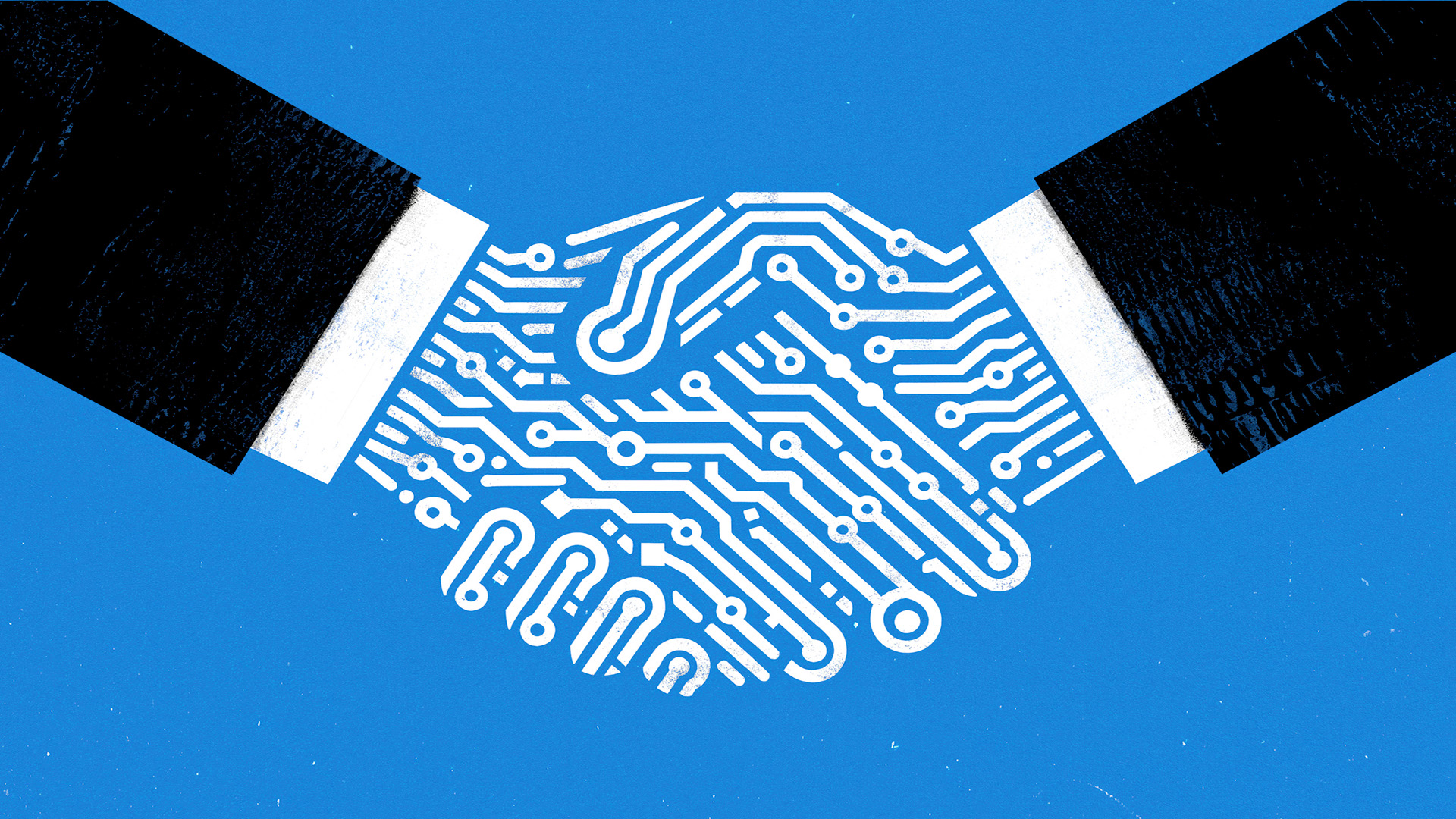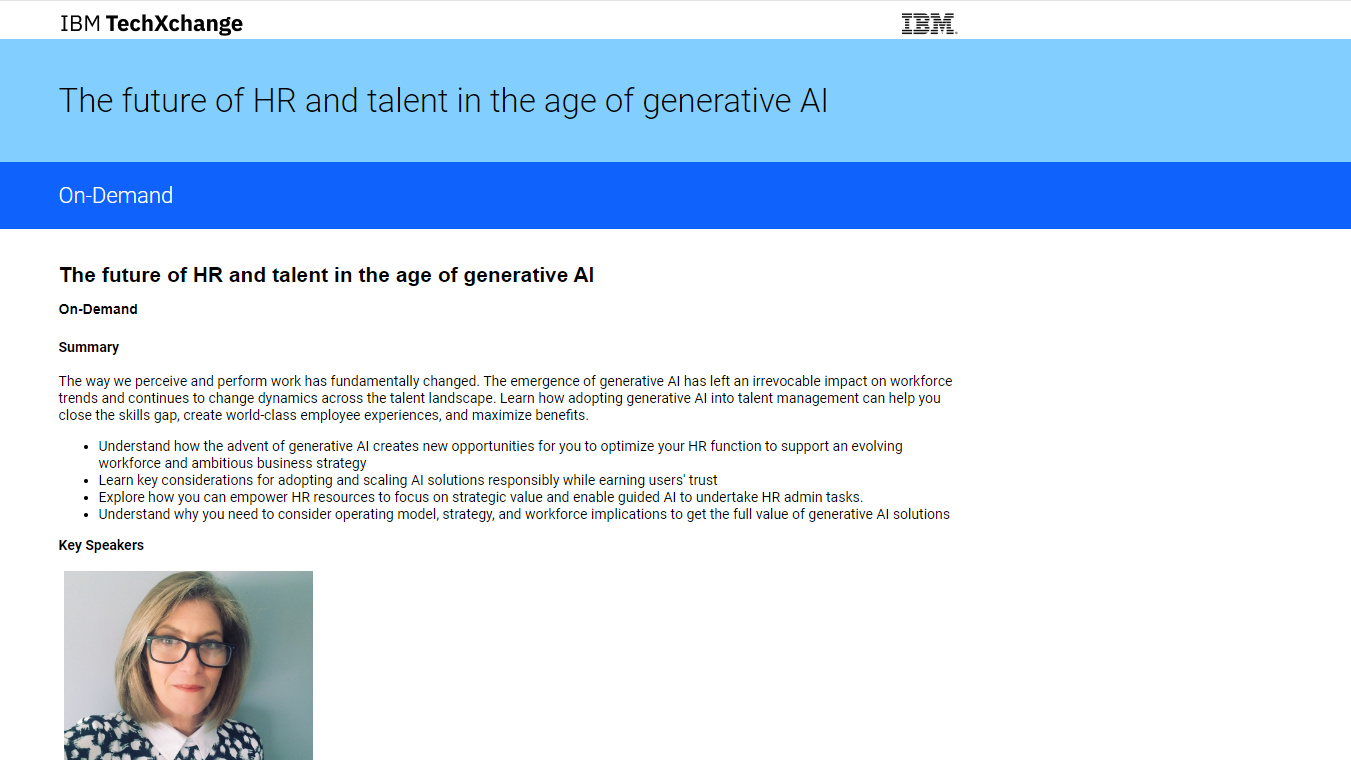"There is a pressing need to address 'technostress' head-on" – Knowledge workers stressed and anxious thanks to tech
Notification overload and platform juggling leave many looking for a new job


Sign up today and you will receive a free copy of our Future Focus 2025 report - the leading guidance on AI, cybersecurity and other IT challenges as per 700+ senior executives
You are now subscribed
Your newsletter sign-up was successful
Digital transformation is harming workers, according to a new report.
A survey from Adaptavist has revealed that 64% of knowledge workers have had their lives negatively impacted by technology in the last year.
Three-in-ten said they regularly experience digital overwhelm, and 41% suffer stress and anxiety from notification overload and platform juggling. Almost a quarter (21%) looked for a new job, and 5% quit as a direct result.
Many UK knowledge workers are also experiencing stress and anxiety as a result of pressure to be connected outside of working hours - 19% - and pressure to prove productivity through metrics (18%).
Around the same number said colleagues' communications make them feel incompetent, excluded, or disliked, and 23% said being left to sink or swim with new tools had left them feeling stressed or anxious.
Just under four-in-ten (39%) workers who were considering leaving their jobs said they were experiencing stress, with 46% reporting anxiety and 23% saying they were losing sleep. Only 8% said that technology had made them more productive, with the same number saying it had improved their confidence.
"There is a pressing need to address 'technostress' head-on. Technology rollouts fail not because of bad technology, but because of bad change management," said Neal Riley, innovation lead at the Adaptavist Group.
Sign up today and you will receive a free copy of our Future Focus 2025 report - the leading guidance on AI, cybersecurity and other IT challenges as per 700+ senior executives
"The companies that succeed in preventing burnout and disengagement will focus on more than selecting the right tools; they will focus on the human elements, from preserving worker autonomy to creating supportive cultures around technology adoption."
When asked what their organizations should do to make sure employees are enabled and empowered by workplace technologies, 48% listed 'a culture where people are comfortable asking for help' as a top three priority.
"This suggests there is a disconnect between leadership and the general workforce when it comes to technology implementation, which may be driving 'technostress'", said the researchers.
While only 16% ranked 'fewer tools' as a top three action for employers, 41% did suggest more training, and 45% wanted more training resources.
Controlling your own work pattern made a significant difference too, with 42% of happy employees – compared with a 25% regional average – stating that, despite having to use tools that monitor, direct, or organize work processes, they retain complete control over which tasks to do and how to do them.
"In the UK, workers have experienced a steep and steady decline in 'task discretion' since the 1990s, with a body of research suggesting that having little control over how you work can negatively impact mental and physical health," the researchers said.
"While some of this may be attributed to the increased use of digital technologies, our findings indicate that the impact is much more nuanced, and if tools are implemented correctly, they can increase autonomy and empower workers."
Make sure to follow ITPro on Google News to keep tabs on all our latest news, analysis, and reviews.
MORE FROM ITPRO
Emma Woollacott is a freelance journalist writing for publications including the BBC, Private Eye, Forbes, Raconteur and specialist technology titles.
-
 Mistral CEO Arthur Mensch thinks 50% of SaaS solutions could be supplanted by AI
Mistral CEO Arthur Mensch thinks 50% of SaaS solutions could be supplanted by AINews Mensch’s comments come amidst rising concerns about the impact of AI on traditional software
-
 Westcon-Comstor and UiPath forge closer ties in EU growth drive
Westcon-Comstor and UiPath forge closer ties in EU growth driveNews The duo have announced a new pan-European distribution deal to drive services-led AI automation growth
-
 HackerOne eyes enterprise growth with double C-suite appointment
HackerOne eyes enterprise growth with double C-suite appointmentNews Seasoned industry executives Stephanie Furfaro and Stacy Leidwinger have joined the cyber security vendor’s executive team
-
 Alteryx names former Salesforce, Oracle strategist as new global technology alliances lead
Alteryx names former Salesforce, Oracle strategist as new global technology alliances leadNews The former Salesforce and Oracle leader will spearhead Alteryx’s partner strategy as the vendor targets deeper ecosystem collaboration
-
 Essential skills for managers: Develop resilient employees
Essential skills for managers: Develop resilient employeesWhitepaper Build team culture, no matter where your people are located
-
 The GenAI transformation: Perspectives on leadership
The GenAI transformation: Perspectives on leadershipWhitepaper Guide employees through a generative AI transformation
-
 2024 Global learning & skills trends report
2024 Global learning & skills trends reportWhitepaper Top trends for the future of work
-
 Reimagining leadership development for today’s workforce
Reimagining leadership development for today’s workforceWhitepaper Top trends for the future of work
-
 A leader’s guide to battling workforce burnout
A leader’s guide to battling workforce burnoutWhitepaper Prevent burnout among your employees
-
 The future of HR and talent in the age of generative AI
The future of HR and talent in the age of generative AIWebinar Transform your people management, support your workforce, and optimize your HR strategy
